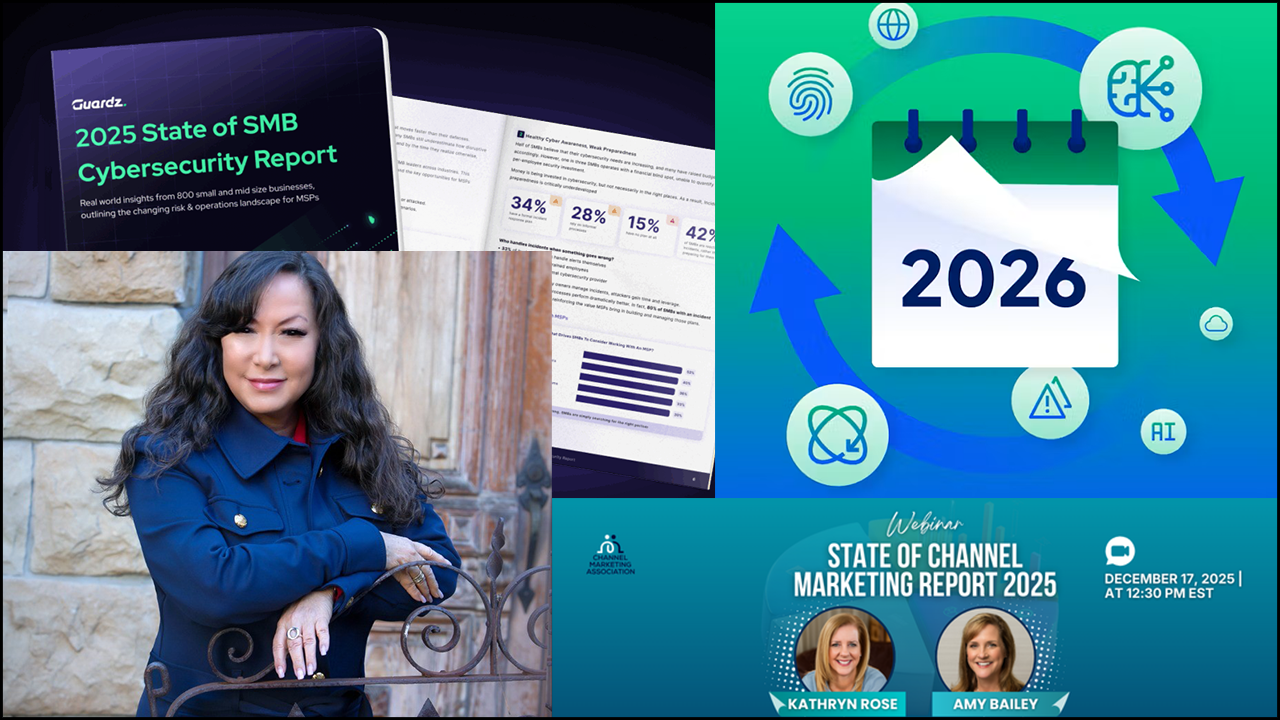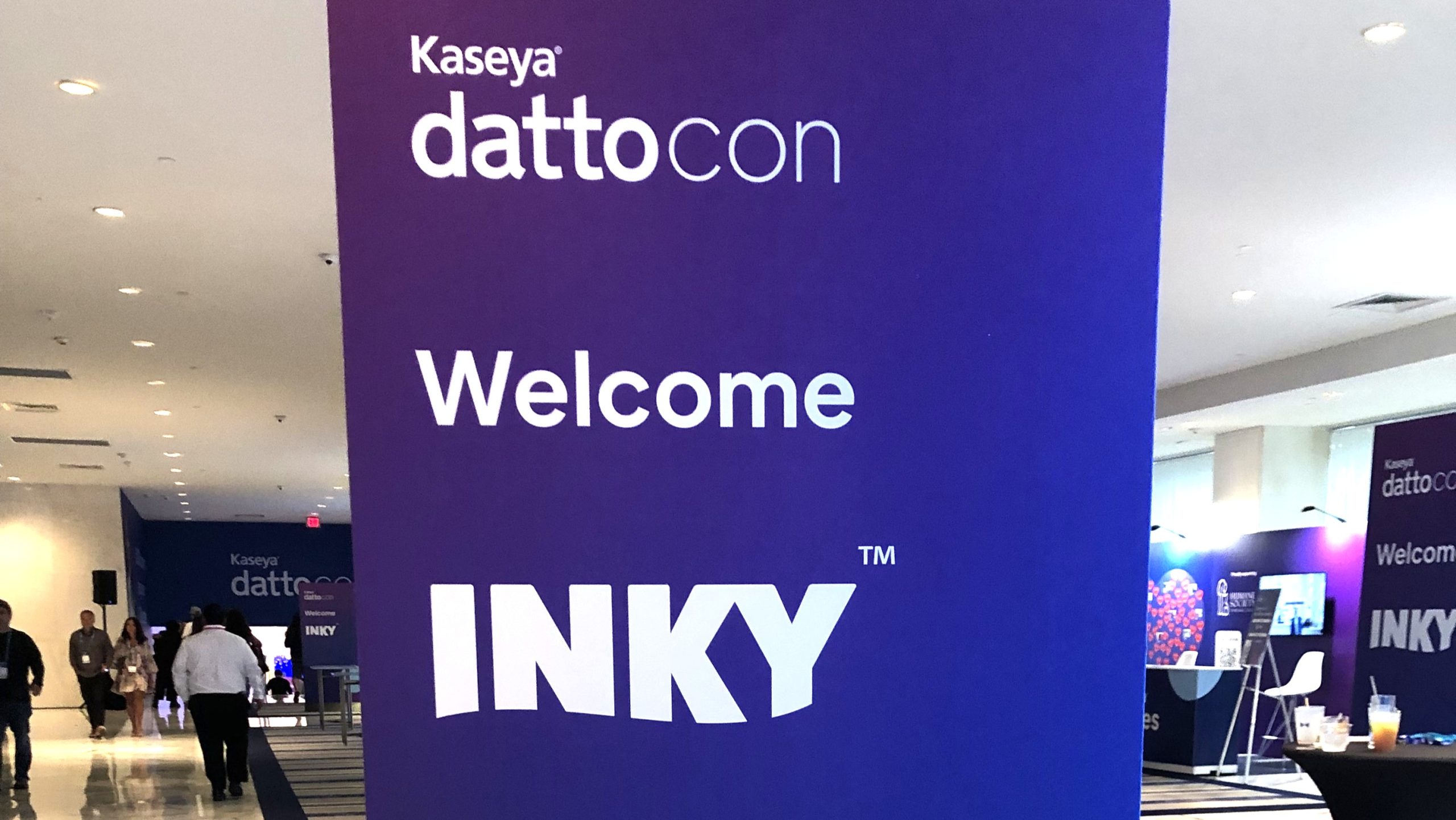Private equity has its eyes on MSPs. For years now, in fact, it’s been buying smaller firms and rolling them up into bigger ones with regional and even national reach. Informed sources foresee the pace of those acquisitions accelerating soon, too, as economic pressures stemming from the coronavirus pandemic create a potential buyer’s market for service providers.
None of that surprises Philip Vorobeychik, managing director of private equity investor Vertica Capital Partners. Though his firm invests in growth-stage software companies, rather than MSPs, Vorobeychik knows both private equity and managed services well, having once served as a board member at Kaseya, the IT management software maker owned by PE firms Insight Partners and TPG. The managed services market has several qualities with strong appeal to private equity funds, he notes, starting with the fact that until very recently, at least, it’s been expanding rapidly.
“”The MSP market has been consolidating like crazy, yet the number of MSPs is growing,”” said Vorobeychik during an interview on the latest episode of the ChannelPro Weekly podcast. “”It’s a great indicator that the market is healthy.””
Furthermore, he continues, despite the rise of MSP rollups, the managed services landscape remains dominated by a large number of mostly small companies. “”It’s a highly, highly fragmented industry,”” Vorobeychik says. “”That fragmentation creates opportunities.””
In particular, it creates the opportunity to construct multi-city, multi-state MSPs with operating efficiencies that enable pricing and profit margins no local competitor can match. “”There’s obviously cost synergy at scale,”” Vorobeychik says, noting that larger MSPs can execute big, ongoing sales and marketing campaigns at a lower cost per lead as well.
All of that should have every MSP not planning to exit the market soon at least evaluating strategies for getting bigger than they are today, Vorobeychik counsels. “”The goal here is to become a very big asset,”” he says. “”That scale is how MSPs over time really create a lot of value.””
More specifically, he continues, the higher earnings that scaled-up MSPs generate typically produce disproportionate gains when the time to sell the business comes.
“”An asset that’s doing $50 million in EBITDA is going to have a much higher multiple than an asset doing $1 million EBITDA,”” he says. In a tight economy like the one we’re likely to be in for a while, moreover, big managed services businesses are easier to sell on advantageous terms.
“”Larger assets are going to be more liquid,”” Vorobeychik says. “”You’ll be able to trade in and out of it much easier than a smaller asset over time at values that you would want.””
Whether MSPs should scale up in collaboration with private equity, however, is a much more complicated question. On the plus side of the ledger, according to Vorobeychik, are all the rewards associated with scale, plus some additional ones that come from partnering with people who know their way around capital markets.
“”You can benefit from their financial engineering,”” Vorobeychik observes. “”You can benefit from their operational synergy, and that could create a good risk/reward for you to diversify some of your wealth today as well as get a significant upside [later].””
On the other hand, assuming you intend to remain with the firm after accepting private equity funds, you could end up sacrificing control of your company to people who either fail to execute on their strategic ambitions, or whose values clash with your own. Both potential pitfalls make thorough due diligence a critical precursor to signing a PE contract, Vorobeychik warns.
“”You really need to know who’s the person you’re dealing with on the other end,”” he notes. “”How have they made money before?””
The other option to consider, of course, is executing a rollup of your own, either by acquiring other MSPs or by merging with them. The latter model could be an especially compelling option for channel pros who want to add scale without help from private equity, according to Vorobeychik.
“”It depends on how you structure the rollup, and who else here you’re consolidating with,”” he says. “”You take some chips off the table today [and] you bet on the increase in EBITDA percentage growth and scale multiple when you exit.””
Whether your strategy for coping with consolidation is sell, buy, or merge, however, the hardest decision is when to act to get the best possible deal.
“”The question on value and timing is a difficult question, because it’s really a question that’s levered to the U.S. economy and coronavirus and what’s going to happen,”” Vorobeychik says. “”That’s above my pay grade for sure to figure that out.””
For the moment, though, Vorobeychik and many others anticipate difficult times ahead for most MSPs. “”There’s going to be a cashflow crunch almost universally,”” he says. In the long term, however, Vorobeychik remains bullish on managed services just the same.
“”The three- to five-year view, I think, is still strong in the market,”” he says. “”I’m a big believer in our ability to bounce back as a nation.””













